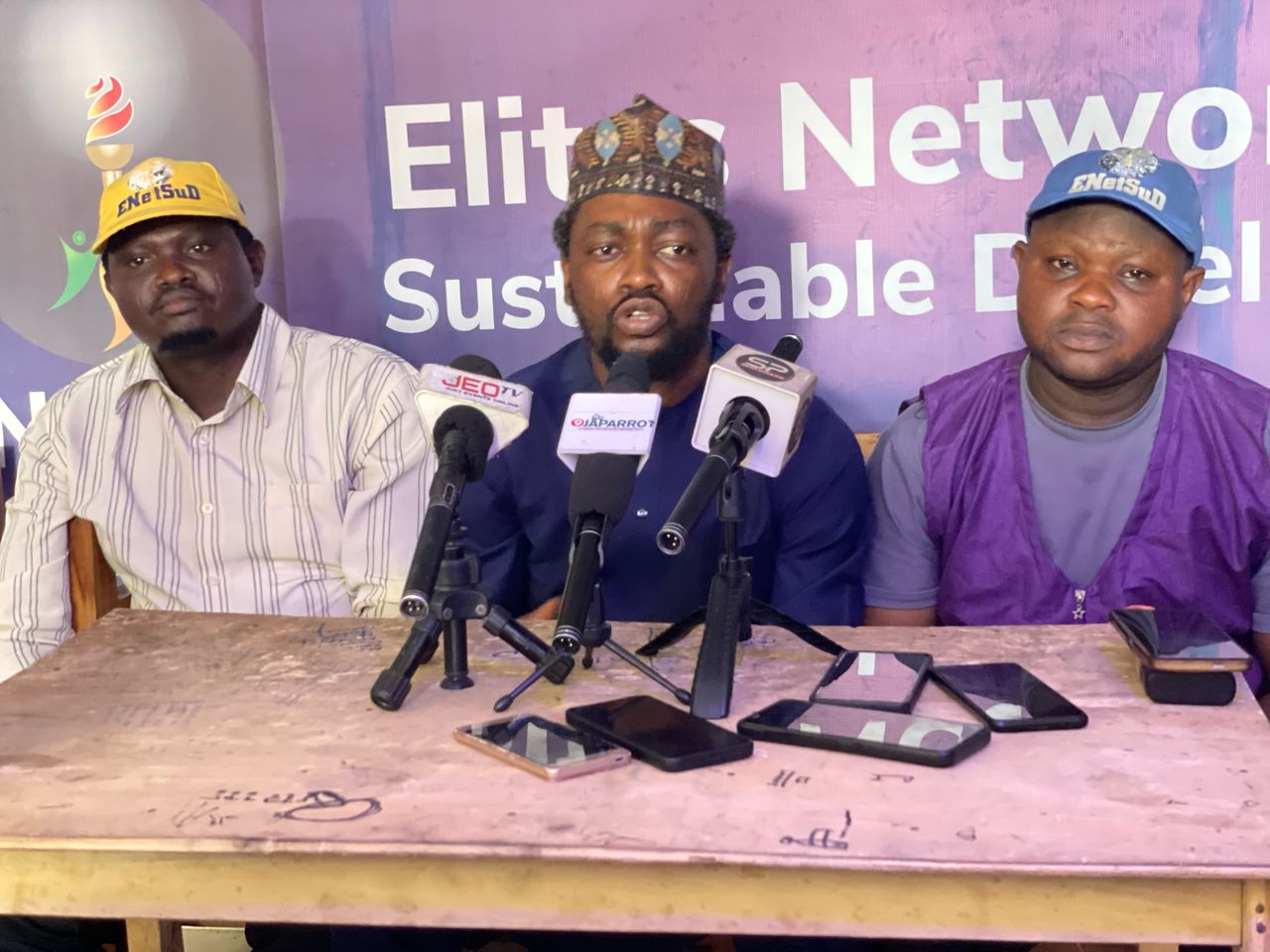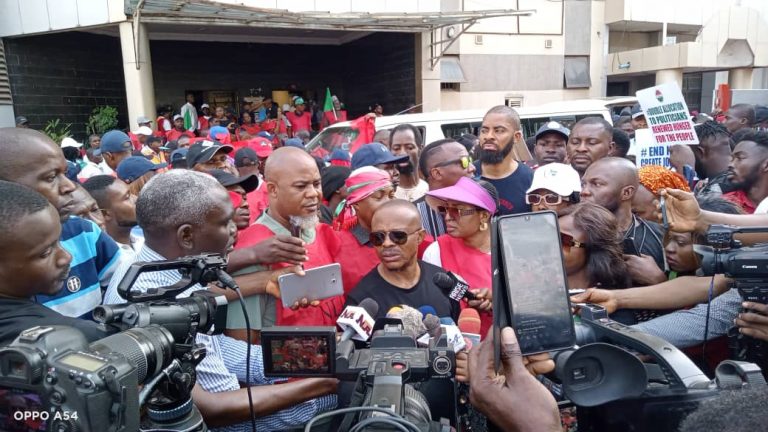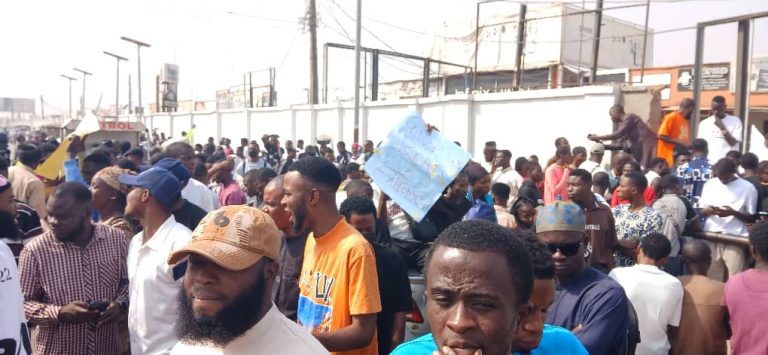“FOI Act now binding on States, No more excuses,” ENetSuD tells Kwara govt, slams Assembly for stalling Bill
In a bold response to the recent Supreme Court ruling affirming the applicability of the Freedom of Information (FOI) Act across all levels of government, the Elites Network for Sustainable Development (ENetSuD), a civic organisation group in Kwara State, has applauded the verdict while calling out the Kwara State House of Assembly for its failure to prioritize transparency.
Speaking at a media briefing on Tuesday, April 15, 2025, ENetSuD’s Coordinator, Associate Professor Abdullateef Alagbonsi, described the ruling as a victory for democratic governance, stressing that it ends years of evasiveness by public institutions.
“For several years, our FOI requests were denied on the grounds that the Act wasn’t domesticated in Kwara. The Supreme Court has now put that argument to rest. States can no longer hide behind technicalities to block access to public records,” he said.
Prof. Alagbonsi didn’t hold back in his criticism of the Kwara State House of Assembly, accusing the lawmakers of betraying public trust.
“The current Assembly does not have the spirit of the people in mind. They are not a House of the people but a House of the Governor,” he declared. “The only time they disagreed with the Governor was over the FOI Bill—and even that was swiftly buried.”
ENetSuD recalled that the FOI Bill was initially passed by the 8th Assembly in May 2019. However, upon assuming office, Governor Abdulrahman Abdulrazaq returned it to the 9th Assembly with proposed amendments—including extending the response period from 7 to 14 days, increasing fines from N100,000 to N500,000, and changing the penalty from “fine or jail” to “fine and jail.” Rather than pushing the bill forward, the Assembly allowed it to die quietly by June 23, 2019.
“This Assembly had the opportunity to champion access to information but chose instead to protect executive interest,” Alagbonsi added.
ENetSuD has long been recognized for its grassroots-focused accountability work. Through its project-tracking efforts, the organization has uncovered contract inflation, exposed abandoned government projects, and built civic capacity across rural communities. It led the now-defunct “Social Audit” initiative introduced by the current administration, which uncovered over N1 billion in mismanaged funds across six projects before the program was halted.
“We embraced social audit in good faith, but once we started exposing uncomfortable truths, the state discontinued it. That speaks volumes about the sincerity of the government’s commitment to transparency,” said Alagbonsi.
Beyond advocacy, ENetSuD’s civic tools like participatory budget tracking and its “Follow the Money” model have empowered thousands of citizens to hold their leaders accountable. The group is now urging the Kwara State Government to comply with the Supreme Court ruling and open up its records to scrutiny.
“We expect immediate changes,” Alagbonsi said.
“The public now has a constitutional right to know how their resources are being managed. This is not optional, it is the law.”
He also called on journalists, civil society organizations, and legal advocates to close ranks and ensure that the gains of the ruling are fully realized in Kwara State.
“With this judgment, the people have won. It’s now up to us all to make sure that right is enforced,” he concluded.







